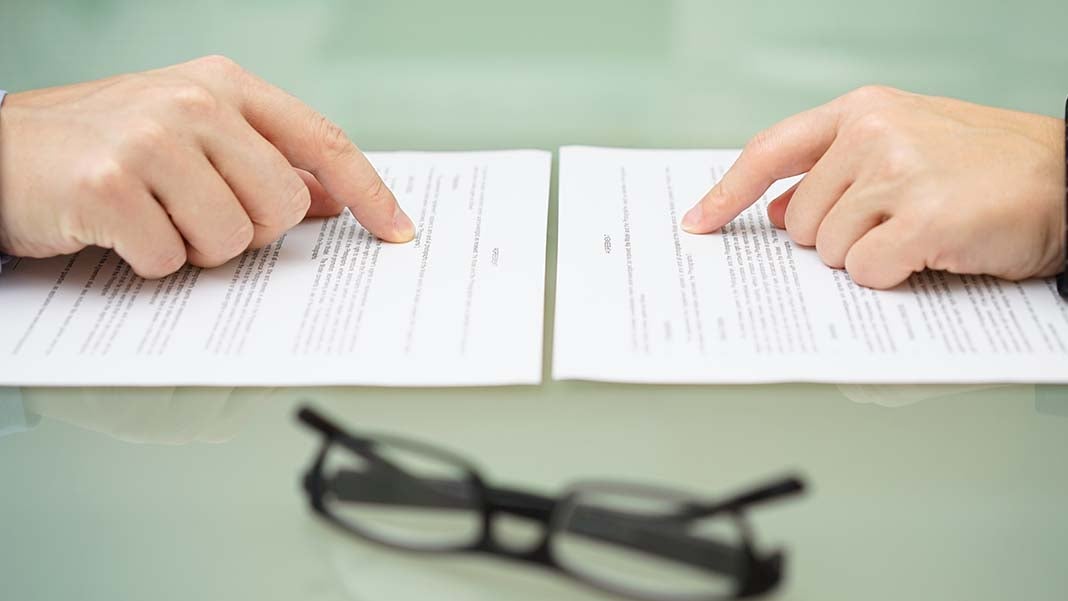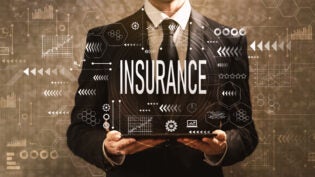How to Protect Your Assets from Money-Draining Lawsuits
By: SmallBizClub

As an entrepreneur, it’s part of your job to anticipate risks to your business.
Bad weather, theft, an accident, or a lawsuit, are just few of the risks you have to prepare for.
You can install security cameras, alarms, and high-quality locks to protect your store against theft. You can buy a generator and create an emergency plan to protect yourself against bad weather.
But what if you get sued? People and businesses get sued for all sorts of things, so I can’t just hand you a shopping list then promise that everything will be okay.
Instead, I’ll give you a list of potential lawsuits you might encounter as an entrepreneur. Then I’ll explain what you can do to protect your business.
Expensive and Headache Inducing Lawsuits
Sexual Harassment and Retaliation Claims
This only happens to businesses with employees, so you may not have to worry about this if you work alone.
Federal law considers harassment and retaliation as a form of discrimination.
In these cases, the boss or a co-worker is accused of harassing or upsetting an employee based on their sex, religion, race, or color. For the co-worker’s case, you—the boss—might get sued if the plaintiff reported the incident but saw no effort on your part to stop the incident from happening again.
Retaliation includes demotion, termination, or punishing an employee that filed a complaint.
Trademark Infringement
Kellogg previously sued Exxon Mobile because their Exxon tiger mascot looked similar to Kellogg’s mascot for the Frosted Flakes cereal.
Logos, business names, trademarks, copyrights and patented products or features are all subject to intellectual property laws. You can get sued if your business’s logo or name is ‘inspired by’ or similar to another company.
That’s why you should verify your idea’s originality using official databases like the US Copyright Office and United States Patent and Trademark Office.
Worker Injuries
Employees that get injured at work are protected by the state’s Worker’s Compensation guidelines. If you have Worker’s Compensation (WC) insurance, this makes things easier.
In some states though, employees can choose not to get an insurance claim and sue you instead. A judge may award them damages if they can prove that the accident was caused by your negligence.
Faulty Products and False Advertising
Richard Overton sued the company behind Bud Light beer for false advertising or misleading claims. He claimed that drinking a 6-pack of their beer failed to give him visions of sexy women on the beach, a feat supposedly claimed by Bud Light in one of their commercials. It’s a terrible example of false advertising, but it happens.
General Motors made headlines in 2014 after they faced several lawsuits because the cars they manufactured had a faulty ignition switch. GM paid roughly $2 billion in settlements and civil penalties because of those faulty ignitions.
Your business may not be a Bud Light or GM in terms of scale and products sold. But as long as you sell products, you’re not exempt from the possibility of product related lawsuits.
A customer might get injured using your product, like what happened with GM. Or they might be unharmed and just dissatisfied with your product and still file a lawsuit. Whether the accusation makes sense or not to you doesn’t matter. A customer can still file a case and it will be up to a judge to decide if you’re at fault.
Premise Liability and Slip and Fall Accidents
What happens if a box of goods falls over your customer as they browse your store’s aisles? What if they slip on a floor your employee just mopped? Both incidents could result in an expensive liability lawsuit.
Premise liability law protects customers, vendors, and even trespassers from accidents that happen in your facility. Sidewalks and building or shop entrances are part of this scope, too.
A plaintiff can win a premise liability case if they can prove that you were aware of the safety risks, yet made no actions to protect visitors.
Even if you’re just leasing the space, commercial lease contracts often include stipulations that protect building owners against such liabilities. That means ensuring the safety of everyone that comes to your office or store is your sole responsibility.
Breach of Contract
This is obvious, but did you know not following a contract isn’t covered by liability insurance? Avoid lawsuits by drawing up concise and loophole free contracts that you can follow.
How to Protect Your Business
You can do a lot of things to protect your business from lawsuits, like improving the safety of your premises and testing your products before selling them. Those are precautionary measures, and sadly they’re not always enough to mitigate all legal claims.
So here are three more ways to protect your business and personal assets if you get a summons.
Incorporate Your Business
Different business setups offer varying levels of protection for you and your personal assets. A sole proprietorship setup, for instance, can’t protect you against any legal or financial liabilities. Creditors and plaintiffs can claim both your business and personal assets if you lose a case or declare bankruptcy.
So instead of going the easy route, aka sole proprietorship, try an S or C corporation or a Limited Liability Company (LLC) set up instead. S and C corporations, as well as LLCs, have limited liability; the only difference is in how they file their taxes.
LLCs are often used by small business owners, while S and C corporation setups are used by medium to large businesses.
Get the Right Insurance for Your Business
Below are 5 types of insurance a business owner might need:
- Liability Insurance: Protects against slip and fall accidents, malpractice claims, injuries, or negligence claims. Liability insurance may also cover your expenses as a tenant, in the event the property you’re leasing got damaged because of a fire or another business-related incident.
- Property Insurance: Covers signage, equipment, inventory, and furniture in case of a theft, fire, or storms. Massive disasters or what insurance providers call ‘acts of god’ like flash floods and earthquakes are sometimes excluded in these policies. If your place of business is prone to these disasters, check if your provider can offer you a separate policy that includes such events.
- Product Liability Insurance: Protects businesses against lawsuits related to the wrongful death or injury of customers who purchased their product. Your coverage will be tailored to the product you’re selling.
- Professional Liability Insurance: It’s also known as an Errors and Omissions insurance because it protects service providers against lawsuits claiming they failed to render services properly. Accountants, consultants, hair dressers, real estate agents, and insurance agents are just a few of the service providers that can be covered by this policy.
- Worker’s Compensation (WC) Insurance: WC insurance covers medical treatment, death and disability benefits of employees who get injured or die as a result of their work for your business. WC insurance requirements vary by state.
This isn’t an inclusive list. Your business might need another type of insurance not mentioned here, so don’t forget to consult your financial adviser.
Consider an Alternate Dispute Resolution (ADR)
If no formal case has been filed, you can just talk to the aggrieved customer or whoever has a complaint. If your accuser already filed a lawsuit, ask your attorney if they can convince the other party to agree to a settlement.
Knowing the Risks + Planning Against Them = Business Security
Don’t let the prospect of facing these lawsuits scare you. Use this information to create a risk management plan that prevents the possibility of you facing these lawsuits. The more detailed it is, the more you can protect your business and save money in the long run.
Author: Sherwin Arzani is an LA-based Personal Injury Lawyer. Except for the three years he spent at the University of Michigan School of Law, a top ten law school according to US News and World Report, Sherwin has been a lifelong resident of Los Angeles. His dedication to the law has earned him numerous awards and accolades, including the Million Dollar Advocates forum membership, recognition as one of the “Top Attorneys in Southern California” by Los Angeles Magazine. Follow him @citywidelawla on Twitter and @citywidelaw on Facebook.
3446 Views












